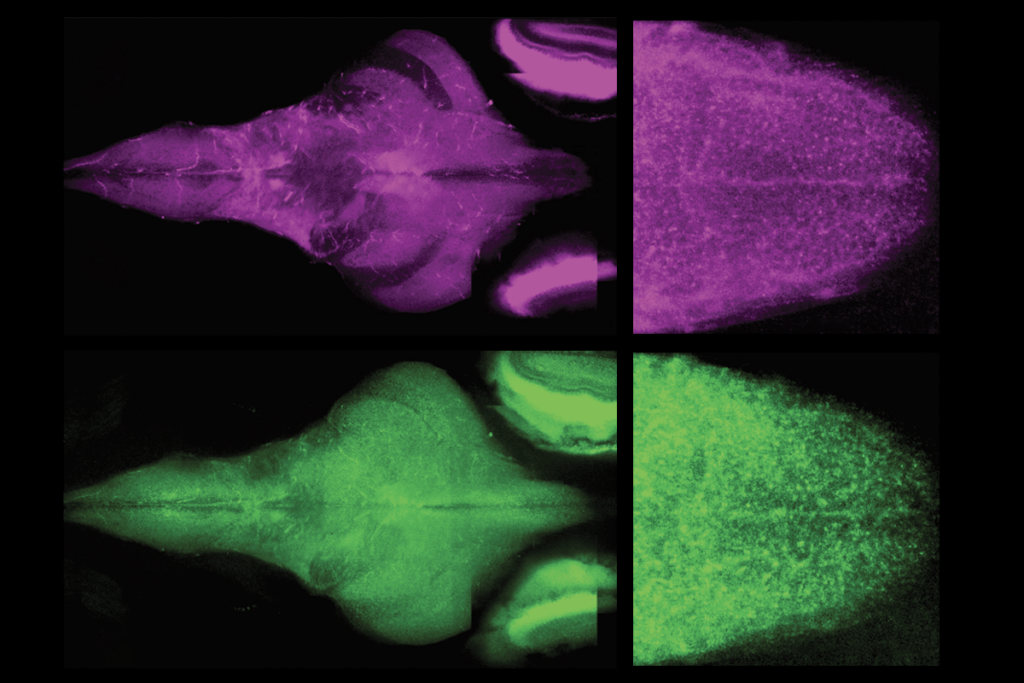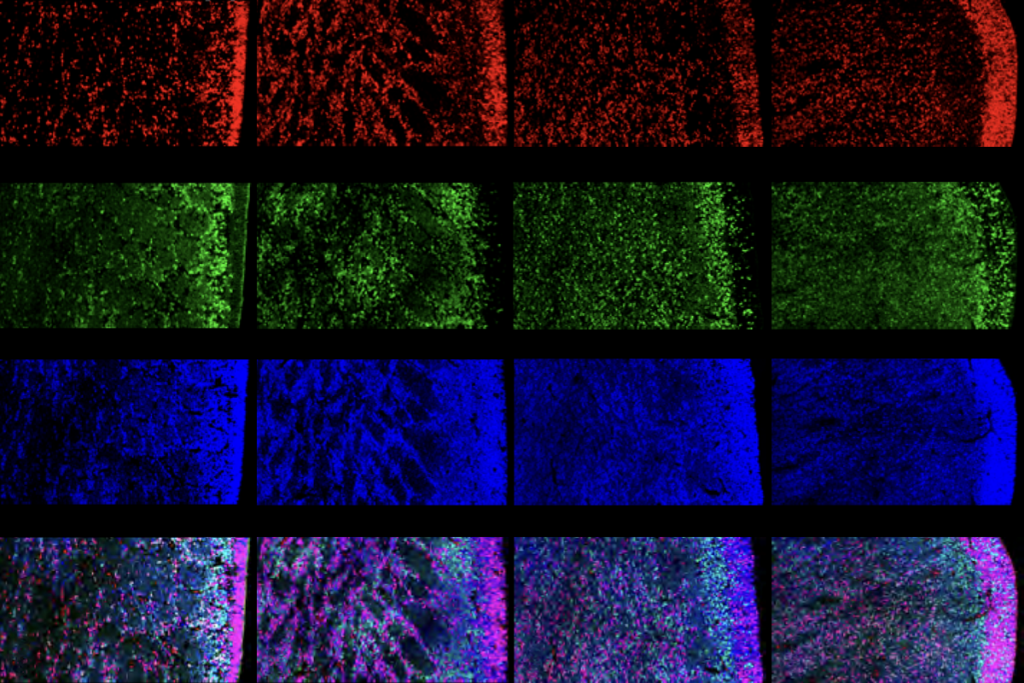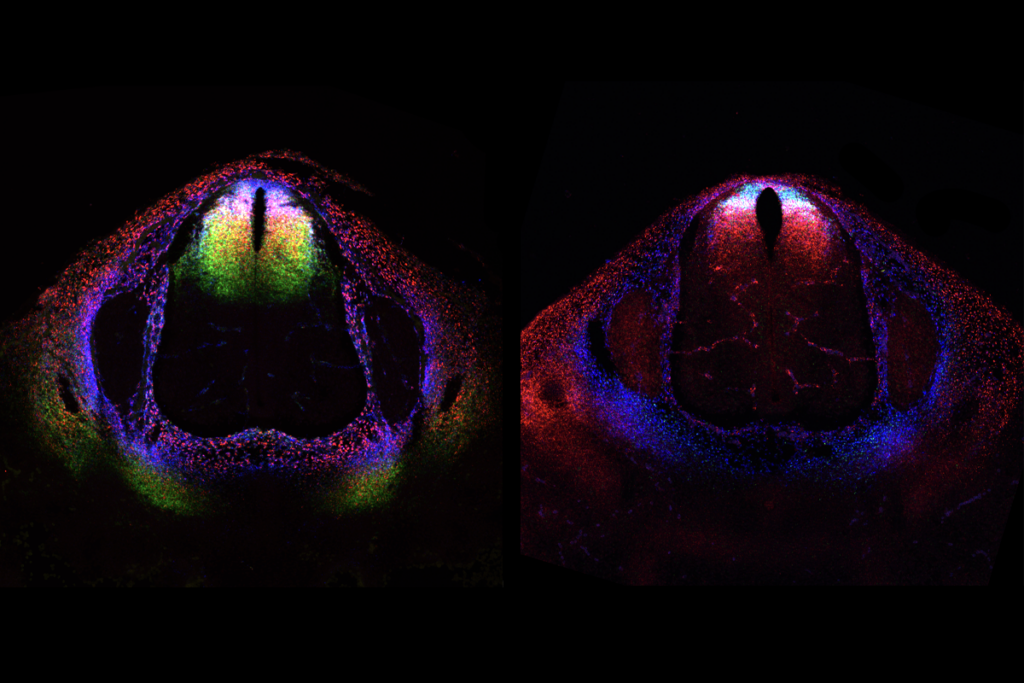
New measure yields rapid diagnosis in adults with autism
An abbreviated tool enables clinicians to quickly assess adults for signs of autism.
An abbreviated tool enables clinicians to quickly determine whether an adult has autism, a new study suggests1. The test could be used either as part of a comprehensive autism assessment or as an autism screen.
Clinicians can diagnose a person with autism by observing her, asking her to complete a self-assessment or interviewing her caregiver. An ideal assessment involves all three components.
The new tool, called the Developmental, Dimensional and Diagnostic Interview-Adult Version (3Di-Adult), involves a caregiver report. It is similar to a standard test called the Autism Diagnostic Interview-Revised (ADI-R). But the ADI-R takes about two hours to administer and, unlike the 3Di-Adult, does not reflect the updated criteria in the latest edition of the “Diagnostic and Statistical Manual of Mental Disorders.”
The 3Di-Adult comprises 69 questions for the parent or sibling of a person with autism, compared with the ADI-R’s 93 questions. Another common interview scale, the Diagnostic Interview for Social and Communication Disorders (DISCO), has more than 300 questions.
The team tested the 3Di-Adult on 39 adults with autism, 29 typical adults and 20 adults with other conditions, such as anxiety, depression or psychosis.
The interview took 38 minutes, on average, for all participants and 50 minutes for those with autism. The test correctly diagnosed 37 of the 39 individuals with autism and incorrectly arrived at an autism diagnosis for 4 of the 20 people with other conditions. None of the typical adults erroneously received an autism diagnosis. The results were published in November in the Journal of Autism and Developmental Disorders.
The work suggests that the test is about as accurate as the ADI-R in diagnosing autism, but needs to be validated further.
The researchers recorded 44 of the interview sessions and asked a second researcher to review the recordings and assess the adults using the new tool. Both raters’ scores are similar across the sample, suggesting that the 3Di-Adult is a reliable measure, the researchers say.
The team is evaluating the test in undiagnosed adults referred for autism assessment. They plan to compare it with the standard observational test, the Autism Diagnostic Observation Schedule, in conjunction with either the ADI-R or DISCO.
References:
- Mandy W. et al. J. Autism Dev. Disord. Epub ahead of print (2017) PubMed
Recommended reading

Pangenomic approaches to the genetics of autism, and more

Latest iteration of U.S. federal autism committee comes under fire

‘Tour de force’ study flags fount of interneurons in human brain
Explore more from The Transmitter

Cell atlas cracks open ‘black box’ of mammalian spinal cord development

Betting blind on AI and the scientific mind
